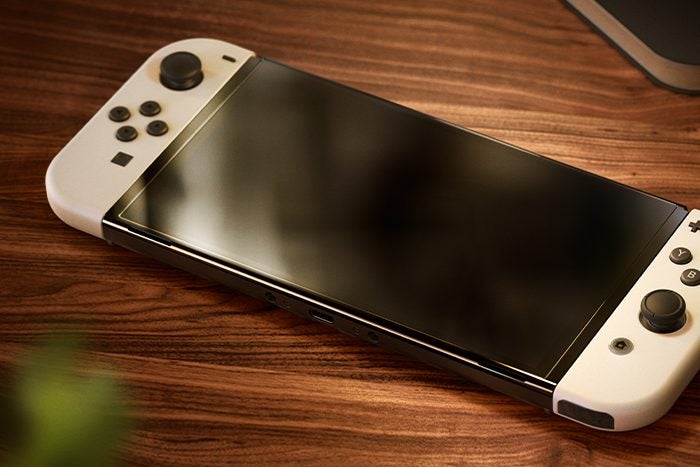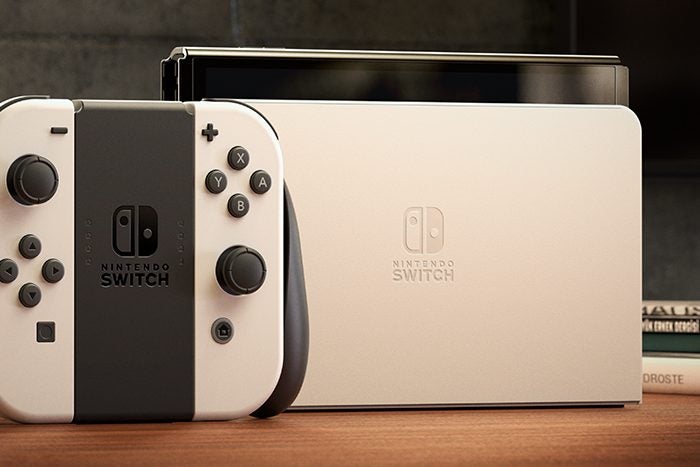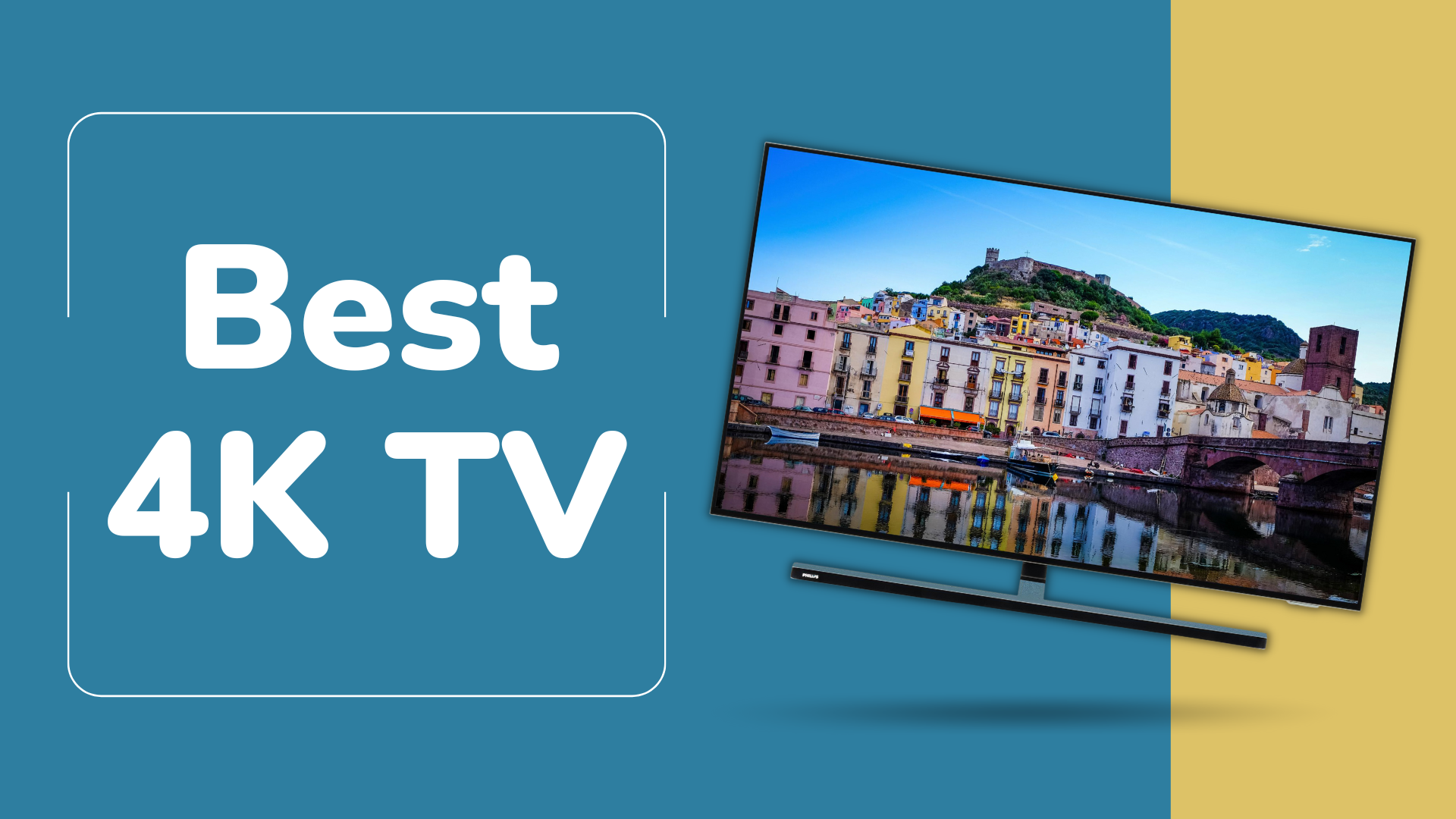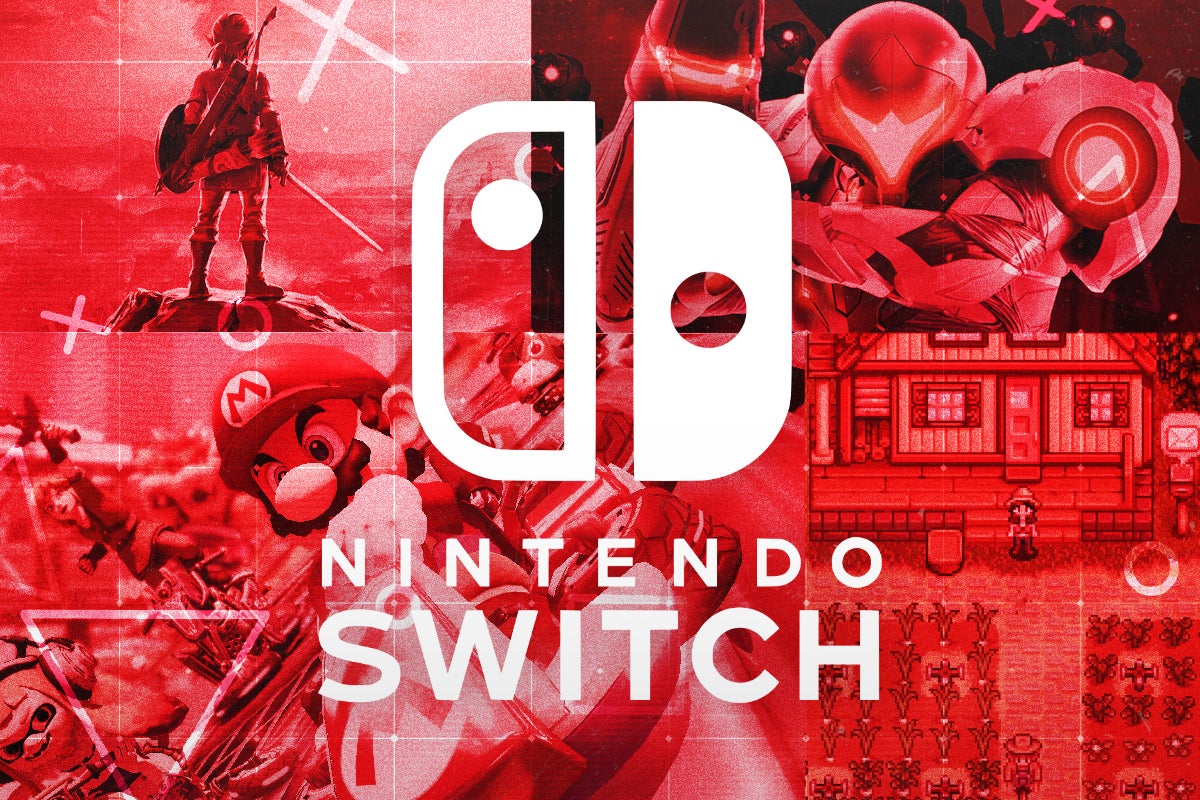The Nintendo Switch doesn’t need 4K support

OPINION: There have long been reports suggesting a 4K Nintendo Switch could be in the works, pushing the resolution to the same pixel count that the PS5 and Xbox Series X are capable of.
A new Bloomberg report has once again stoked the flames of this particular rumour by claiming 11 game companies are currently in possession of a 4K development kit for the Switch, indicating that a new Ultra HD model of the hybrid console could still be on the way.
Nintendo moved quickly to deny these reports, with an official statement on Twitter, but that hasn’t stopped fans dreaming and hoping that a 4K Switch could still be in the works.
However, while the Bloomberg report is undoubtedly intriguing, I’m of the opinion that there really is no need for a Nintendo Switch with a 4K screen.
I’ve spent a lot of time with 4K laptops, and it’s undeniable that upgrading to 4K can cause a massive hit to the battery life. The standard and OLED Switch consoles already have a relatively short battery life at 4.5-9 hours, so to see that figure plummet further would make it very difficult to play the likes of Breath of the Wild on the go.

I’m also unconvinced that 4K would made a big impact on the Switch in portable mode. You generally need a big screen to get the full benefits of 4K, as the gap between pixels aren’t very noticeable on smaller screens.
But the biggest issue of all is the GPU power required to run games in 4K. The Nvidia Custom Tegra processor inside the current Switch can sometimes struggle to run a game in 720p without frame rate drops, so a jump to 4K would need a considerably more powerful chip. However, this would not only drive up the cost of the console, but also potentially force Nintendo to increase the size of of its portable.
With all of that in mind, I think it was a really wise decision to put an OLED screen on the Switch instead. It offers a significant improvement to the picture quality, yet doesn’t seemingly impact the likes of performance and battery life. 4K may be a more exciting buzzword than OLED, but I genuinely think the latter allows for a better picture quality than additional pixels ever could – at least when discussing the Nintendo Switch.
I’ve already spent time with the Switch OLED, albeit only for two hours during a Metroid Dread hands-on session, and I was really impressed by how bold and bright the colours looked. I haven’t spent enough time with the Switch OLED to come to any final conclusions, but I reckon many people will be surprised by how good it looks compared to the standard Switch.

Of course, if we’re talking about using the Switch in docked mode, then that’s a different story. It’s a shame that the Nintendo OLED doesn’t offer an improved experience (other than an Ethernet port) when connecting the console to a TV, so I can see why people would be keen for Nintendo to add a discrete GPU into the dock to allow for an upscaled 4K performance.
But then again, I’m sceptical whether the majority of the Switch owners have a 4K TV to begin with. And it simply isn’t a very ‘Nintendo’ move to hike up the specs in order to compete with the likes of the PS5 and Xbox Series X.
And let’s not forget the increase cost that a 4K Switch would demand. The Switch OLED is already considered to be pricey, but you can expect a far higher price if you added in a 4K-capable dock.
So does the Switch really need 4K support? I really don’t think so. I’m sure Nintendo will eventually launch a product that supports an Ultra HD resolution, but the time isn’t right, especially for a device that prides itself on portability.





